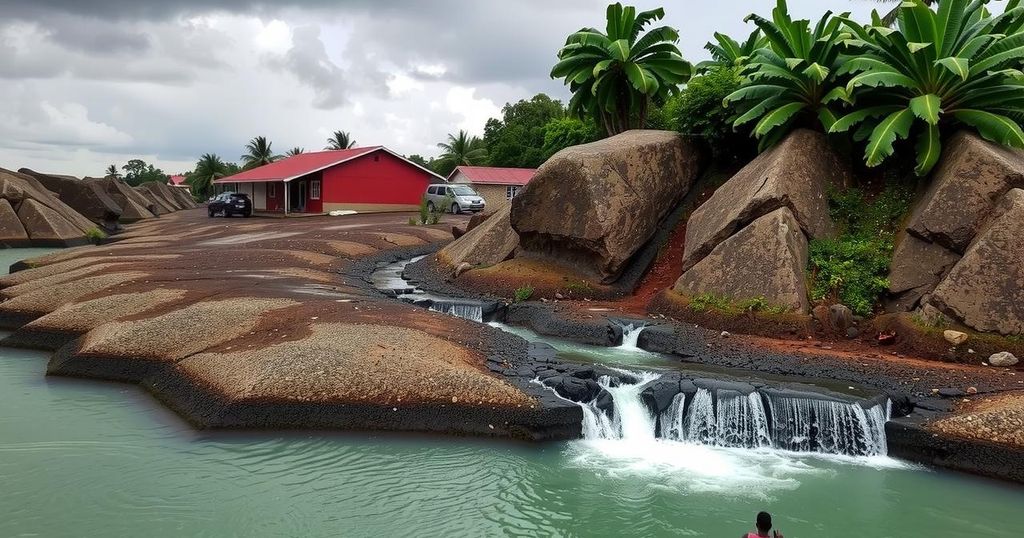M23 rebels have intensified their control over mineral-rich areas of eastern DRC, allegedly with Rwandan support. They are reportedly enforcing their rule through shadow administrations and forced labor while exploiting local mines, particularly coltan, for financial gains. This situation has led to significant humanitarian crises, including over 100,000 displaced individuals since early 2025, and has drawn international scrutiny regarding the sourcing of conflict minerals.
The M23 rebels are consolidating control over mineral-rich regions in the eastern Democratic Republic of Congo (DRC), raising alarm among United Nations experts. Since April 2024, these Tutsi-led insurgents have captured significant towns in North and South Kivu provinces, allegedly receiving assistance from Rwandan forces, a claim Kigali vehemently denies. The UN report indicates that the rebels have established shadow administrations to exploit strategic mines and have instituted forced labor practices to enhance road construction and secure mining areas from unauthorized sales.
The ongoing conflict in the DRC stems from historical ethnic tensions and struggles for power and resources, particularly in the mineral-rich eastern region. The M23 group, formed originally by former Congolese soldiers, is accused of seeking not only political control but also economic gain from the mineral resources. With key minerals like coltan—vital for electronics—being exported from their controlled territories, the group’s actions pose serious implications for global supply chains, especially for technology companies. The persistent conflict has also triggered large-scale displacements and raised concerns regarding human rights violations.
The M23 rebels’ tightening grip on mineral wealth in the DRC poses significant challenges both regionally and globally, particularly concerning human rights and corporate accountability. Continued violence and the establishment of parallel governance threaten to exacerbate the humanitarian crisis. As international stakeholders take note, coordinated efforts will be essential to address both the immediate needs of displaced communities and the accountability of companies engaged in the region’s resource extraction.
Original Source: www.rfi.fr






